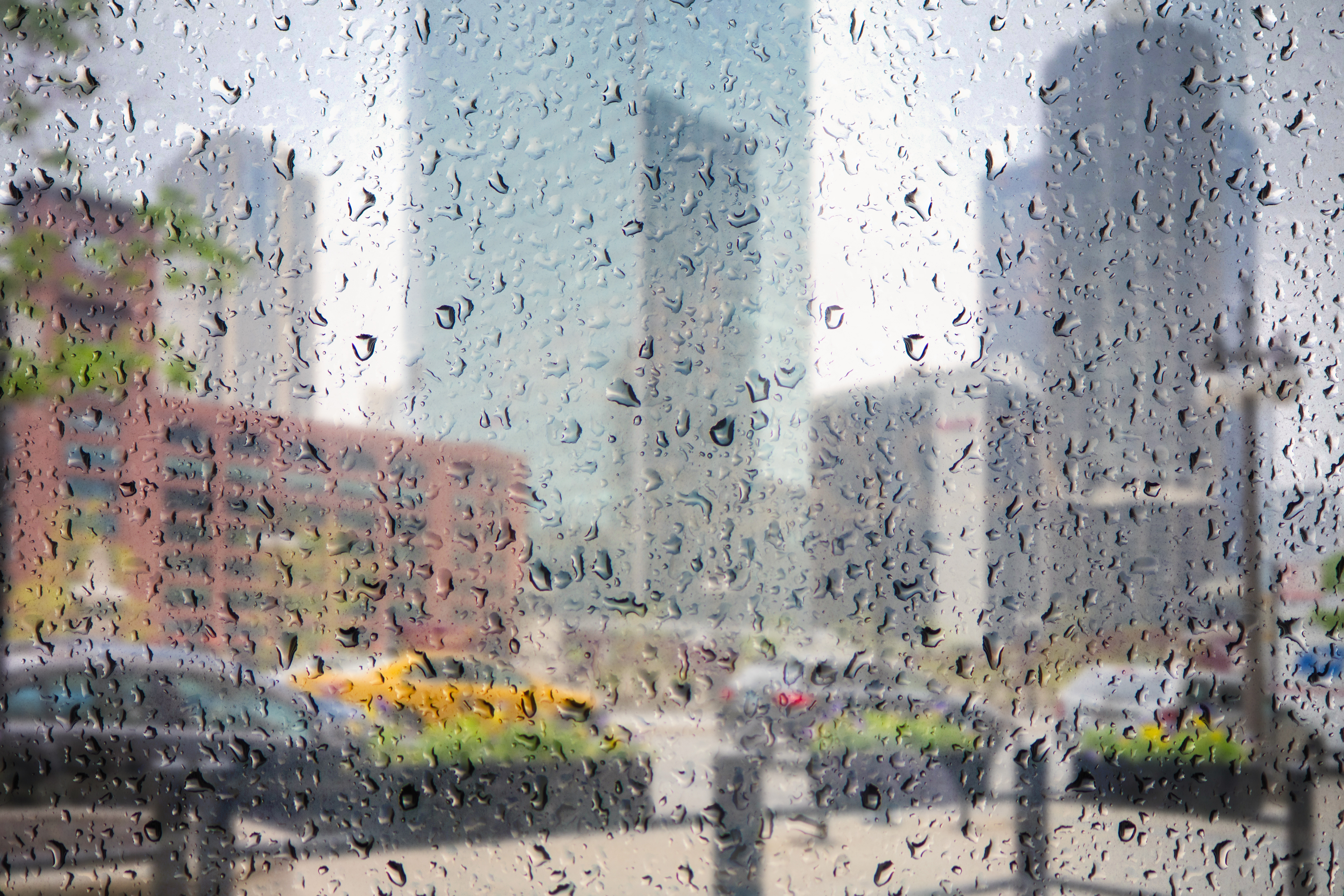Tuesday night’s Take Back Chicago gathering of about 2,000 progressive activists, union members, neighborhood groups and housing advocates at the UIC Pavillion was billed by its organizers as a “town hall meeting” intended to further a social and economic justice agenda.
But in reality, it ended up being something else: a raucous campaign rally for an unnamed mayoral candidate to take on Mayor Rahm Emanuel.
It’s no secret that progressive groups, along with some of the city’s elected politicians, see the current administration as hostile to issues that matter to poor people, working families and union members, to name a few. On issues such as a fair wage, affordable housing, access to mental health care, education reform, TIF funds and budget priorities, these groups say Mayor Emanuel’s policies favor corporate interests and the city’s wealthy over those who struggle to earn a living and keep their communities together in the face of poverty and violence.
As such, there’s a palpable frustration growing across a wide spectrum of activists and community groups that with the 2015 election approaching, there’s not yet an opposition candidate to Mayor Emanuel they can get behind.
That frustration spilled out into the open Tuesday night. At the nearly two-hour long rally, attendees from organizations such as SEIU, The Chicago Teacher’s Union, Chicago Jobs with Justice, Chicago Coalition for the Homeless and dozens of others cheered, danced, screamed and chanted as speaker after speaker called for action. Joining them were 11 alderman, a number of state representatives and Gov. Pat Quinn, all there to show their solidarity with those calling for change.
For their part, the event’s organizers, The Grassroots Collaborative, saw the event as partly political. Executive Director Amisha Patel told Ward Room that unlike previous town hall gatherings the group held, Tuesday’s event was specifically intended to create a political moment. “We don’t want to be talking about these issues only three months before the election,” she said. “We felt it was important to bring these issues to the forefront now.”
The challenge, of course, is that creating a broad-based movement to effect change through political means is difficult without a candidate to focus efforts on. Throughout the evening, the aldermen, most of whom are already part of the City Council’s Progressive Reform Caucus, were asked where they stood on issues important to the group. And, on issues such as an elected school board, releasing surplus TIF dollars, increasing the minimum wage and others, there was little to no room between the elected officials and those cheering them on.
Local
If anything, the rally suggests that there’s considerable room to the left of Rahm Emanuel should a candidate choose to get in the race and challenge the mayor in 2015. Throughout the past 50 years or so, there have been very few real opportunities for either a progressive or a political outsider to mount a serious challenge for the mayor’s office in Chicago.
And the only one that succeeded—the 1983 election of Harold Washington—came about in no small measure when Washington tapped into a coalition of disparate progressive groups and disenfranchised voters to tie their energy into an effective voter registration campaign.
As well, there seems little doubt a hunger exists in some quarters of the city for fresh blood to get in the race. Names as diverse as Cook County Board President Toni Preckwinkle, Chicago Teacher’s Union president Karen Lewis and alderman Bob Fioretti (2) and Scott Waguespack (32) have been rumored to be considering running or touted as potentially viable candidates.
However, much of the conventional wisdom says it would be a fool’s errand for anyone to challenge Emanuel, who has the backing of huge chunks of the city’s elite and $5.1 million in his campaign war chest. And Emanuel certainly doesn't seem too worried about a potential challenger, particularly from the left. On the same night as the rally, he was found talking to Meet the Press host David Gregory before a paying crowd at a fancy theatre in the Loop.
However, the truth is—and this may be hard to believe—money isn't the only factor in elections, even in Chicago. Harold Washington proved that at least once. Sometimes, energy and the ability to tap into a sea of frustration can help offset the perceived advantage one candidate has. The question becomes whether the right combination of time, energy and organizing skills can be marshaled to make difference and mount a serious challenge.
Quite frankly, 2,000 people on a Tuesday night isn't reason enough to think someone can unseat Rahm Emanuel. And the fact is, with time starting to become a critical factor in mounting a 2015 campaign, a lot of people in this town are aware of this.
But 2,000 people on a Tuesday night cheering on a progressive agenda doesn't represent only 2,000 votes. It a sign that as much as the current occupant of the mayor’s office—and much of the city’s media and political observers—may want to write off the potential for a real challenger to arise, there’s very likely a whole lot of people in Chicago who wish it was otherwise.



